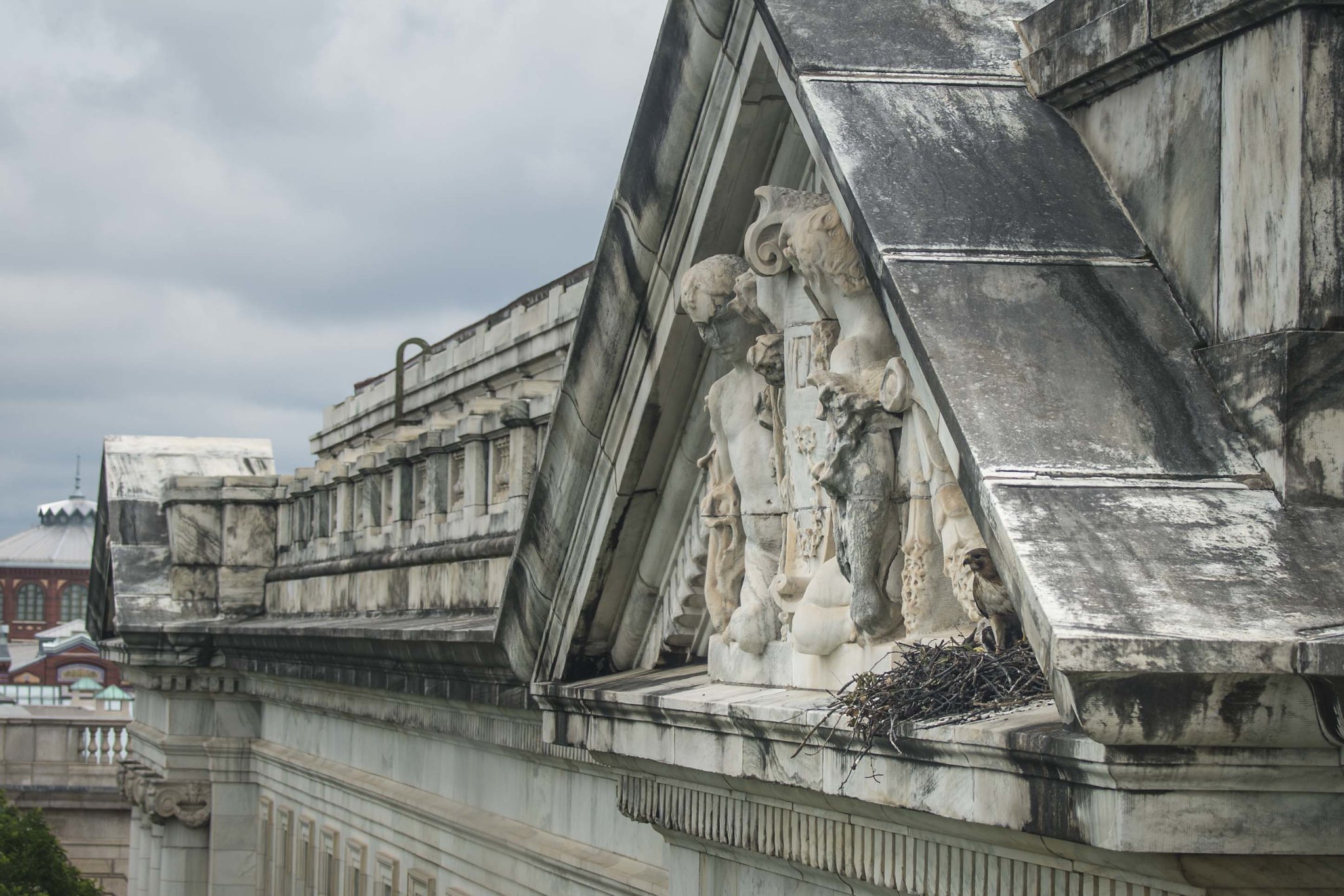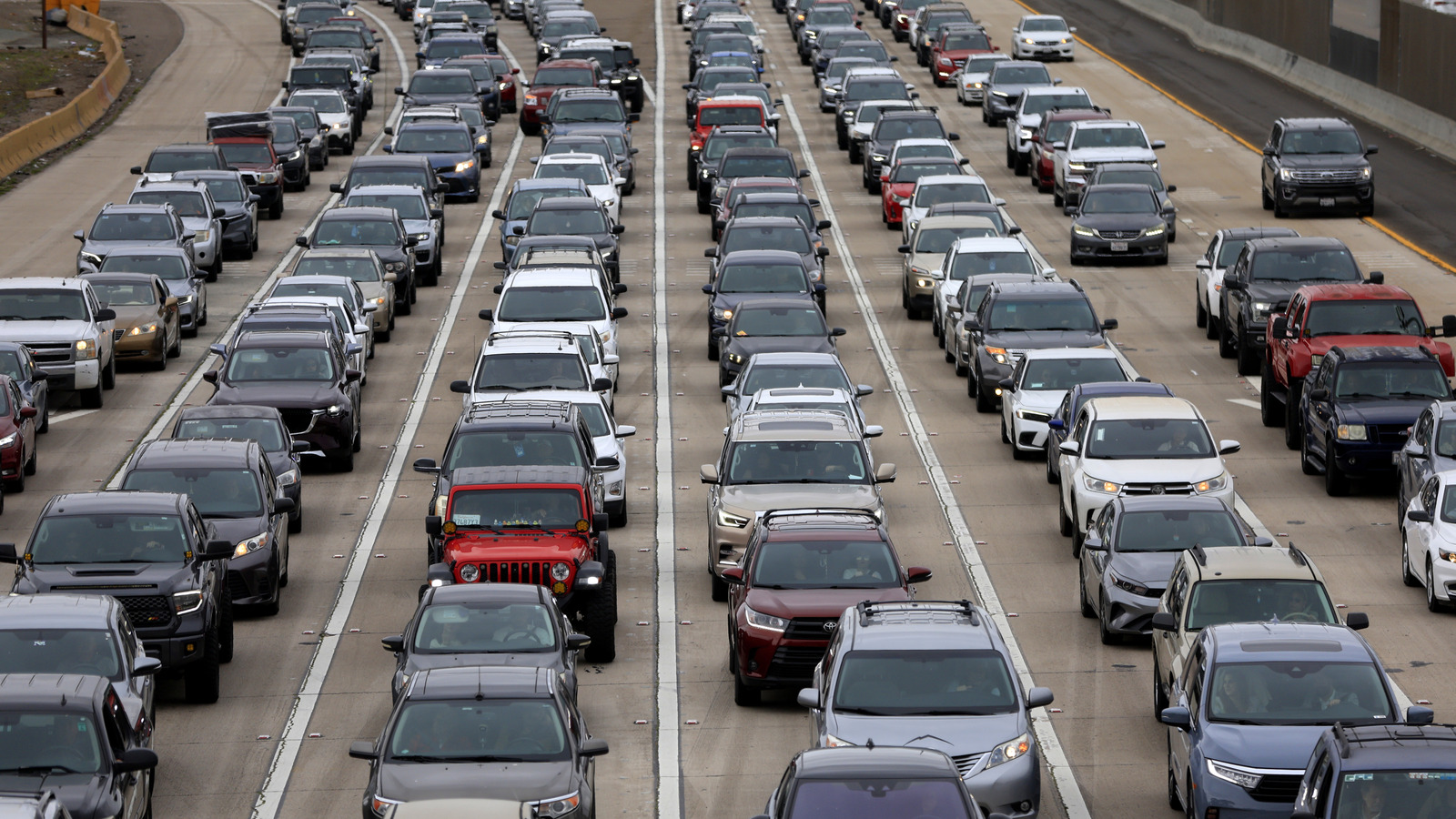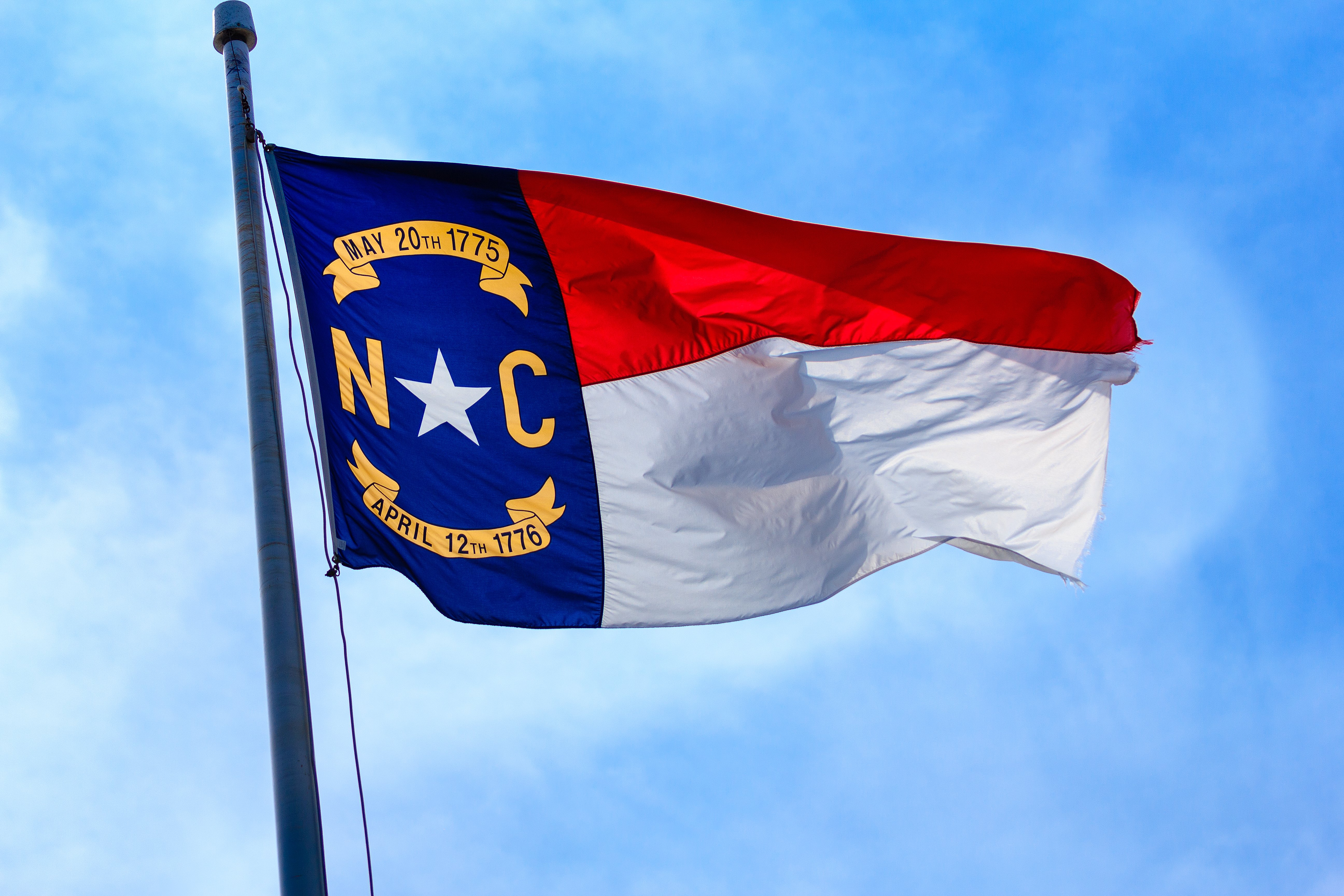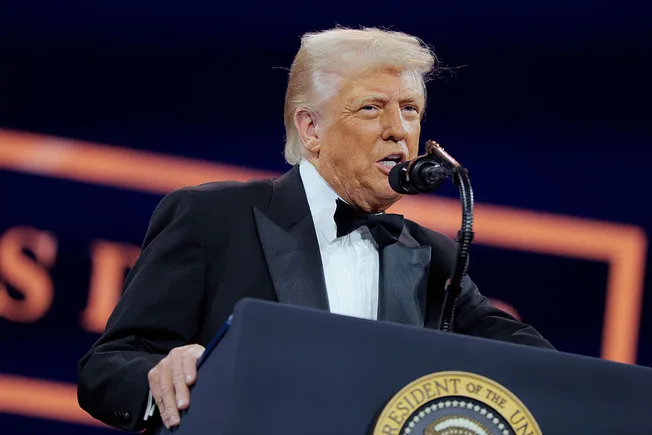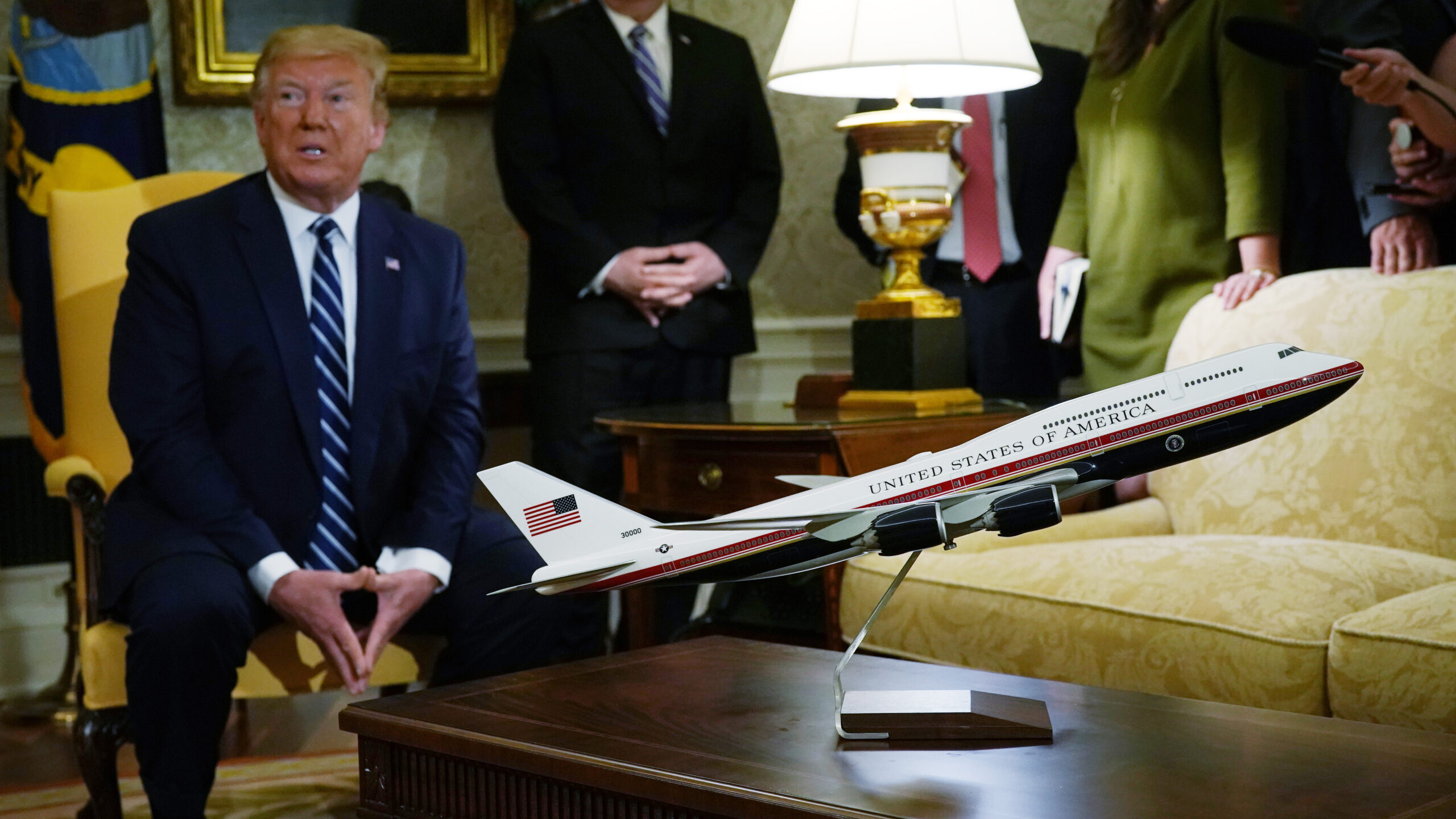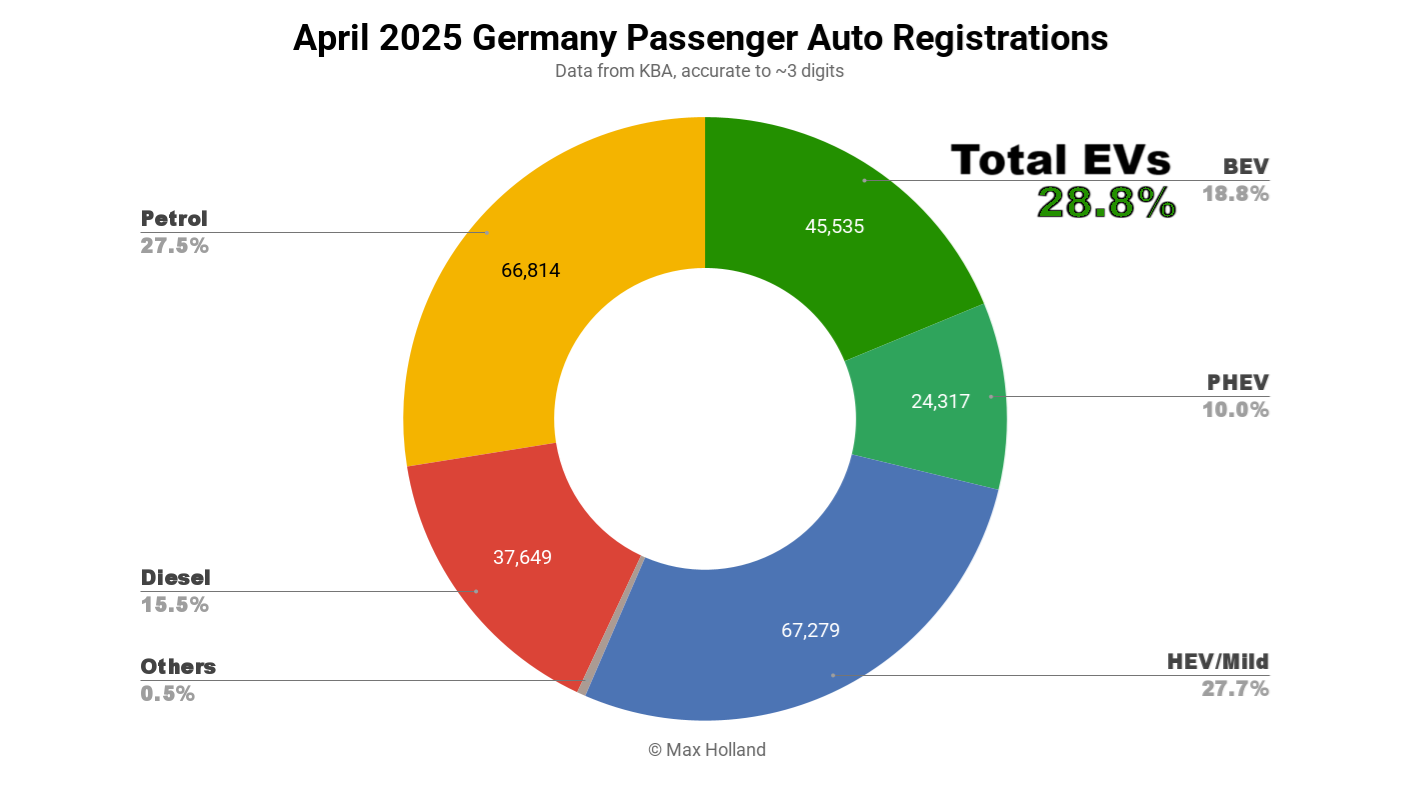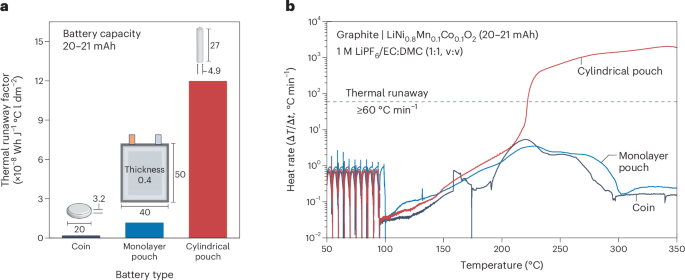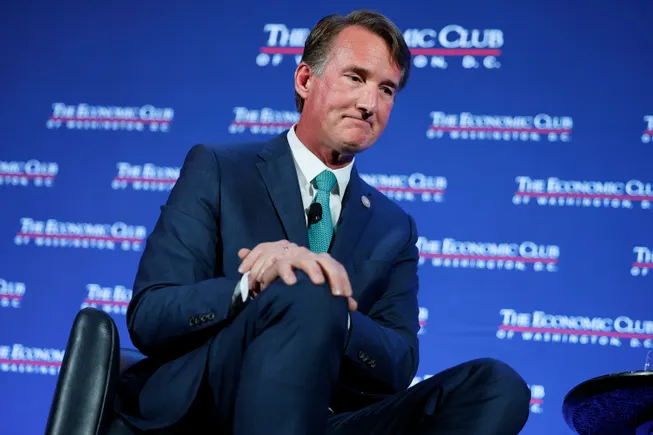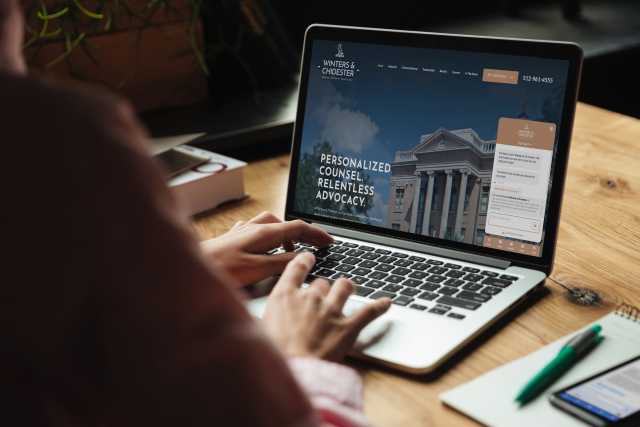Legal Ethics Roundup: Join Me Live Today, 150+ Judges Pen AG Letter, RIP Souter, Roberts/Sotomayor Speak Up, Firms Justify EO Acts While Lawyers Flee & More
Your tour of all things related to lawyer and judicial ethics, with University of Houston law professor Renee Knake Jefferson. The post Legal Ethics Roundup: Join Me Live Today, 150+ Judges Pen AG Letter, RIP Souter, Roberts/Sotomayor Speak Up, Firms Justify EO Acts While Lawyers Flee & More appeared first on Above the Law.
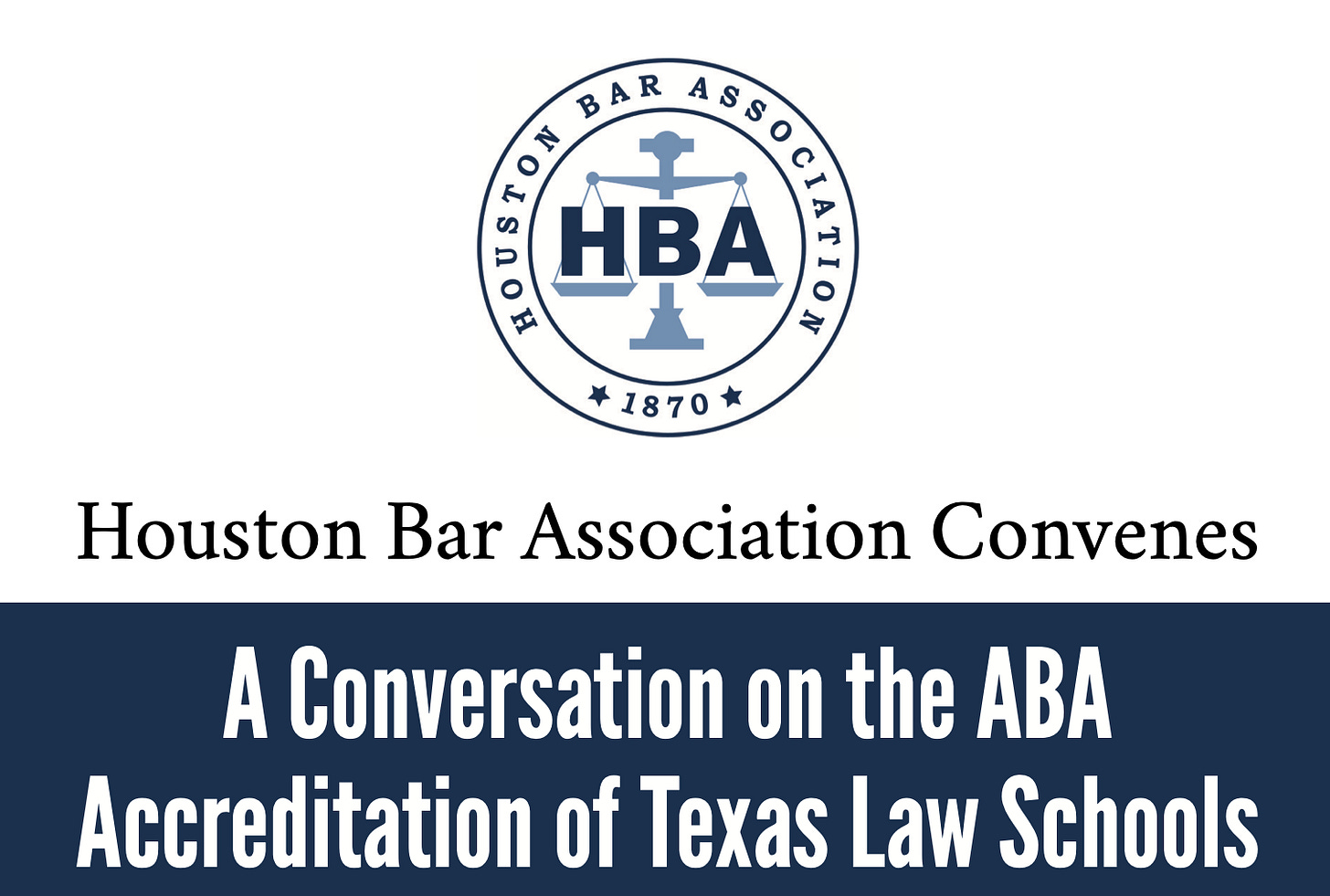
Ed. note: Please welcome Renee Knake Jefferson back to the pages of Above the Law. Subscribe to her Substack, Legal Ethics Roundup, here.
Welcome to what captivates, haunts, inspires, and surprises me every week in the world of legal ethics.
Happy Monday — Join Me Today!
This week holds lots of travel in store for me, including a quick trip to San Francisco for a conversation about Supreme Court reform with folks from the Brennan Center for Justiceand a visit to Texas A&M Law School to discuss works-in-progress with other legal ethics scholars.
But, today you can join me LIVE from 2-5PM (CT) for a free, virtual event hosted by the Houston Bar Association — A Conversation on the ABA Accreditation of Texas Law Schools. Other speakers include David Brennen (Chair of the ABA Council Section of Legal Education and Admission to the Bar), Nikia Gray (Executive Director of National Association of Law Placement), David Harrell, (President of the Houston Bar Association), Nathan Hecht (27th Chief Justice of the Supreme Court of Texas and Member of the ABA Council Section of Legal Education and Admissions to the Bar), Austen Parrish(President of the Association of American Law Schools), Jennifer Rosato Perea (Managing Director of the ABA Council Section of Legal Education and Admission to the Bar) and more with Len Baynes (Dean of the University of Houston Law Center) serving as moderator. While the event is inspired by the recent order from the Supreme Court of Texas inviting comments about law school accreditation, our conversation will touch on issues that matter across the country for all law schools and the role of the ABA. Hope to ‘see’ you there — 600+ have already registered but there is space for 3,000 so join us! (Texas lawyers can receive 3 hours MCLE, including .5 hours of ethics.) Register here.

RIP Supreme Court Justice David Souter (September 17, 1939 – May 8, 2025). The biggest headline in legal ethics news last week hasn’t been portrayed that way. Many have written incredible tributes about the late Justice David Souter, but I haven’t seen anyone focus on his contributions to the field of legal ethics. Here’s one example. In a death penalty case Mickens v. Taylor, 535 U.S. 162 (2002), he dissented from Justice Antonin Scalia’s 5-4 majority opinion holding a criminal defendant must establish that a conflict of interest adversely affected his counsel’s performance in order to demonstrate a Sixth Amendment ineffective assistance of counsel violation. Souter would’ve reversed because he believed the trial judge had a duty to inquire into the conflict of interest. He wrote:
With so much at stake, why should it matter how a judge learns whatever it is that would point out the risk to anyone paying attention? Of course an objection from a conscientious lawyer suffices to put a court on notice … and probably in the run of multiple-representation cases nothing short of objection will raise the specter of trouble. But sometimes a wide-awake judge will not need any formal objection to see a risk of conflict, as the federal habeas court’s finding in this very case shows. Why, then, pretend contrary to fact that a judge can never perceive a risk unless a lawyer points it out? Why excuse a judge’s breach of judicial duty just because a lawyer has fallen down in his own ethics or is short on competence? Transforming the factually sufficient trigger of a formal objection into a legal necessity for responding to any breach of judicial duty is irrational.
For more on Souter’s life, see Adam Liptak’stribute “Justice David Souter, Who Traded White Marble for the White Mountains” in the New York Times.
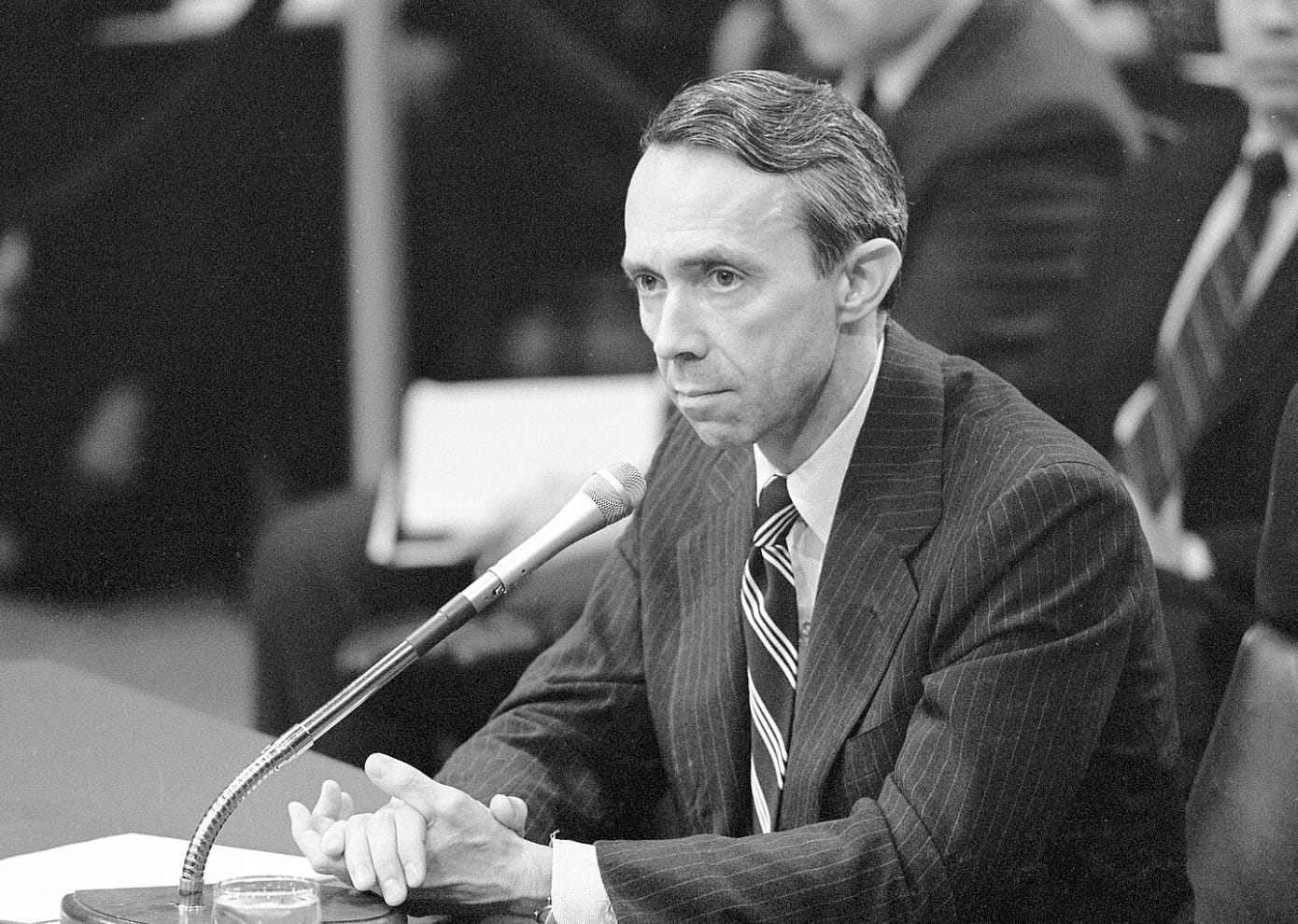
And now for the rest of the headlines.
Highlights from Last Week – Top Fifteen Headlines
#1 “Former Judges Condemn Trump Administration’s Arrest of Wisconsin Judge.” From the New York Times: “More than 150 former state and federal judges have signed a letter to Pam Bondi, the attorney general, condemning the Trump administration’s escalating battles with the judiciary and calling the recent arrest of a sitting state court judge in Milwaukee an attempt to intimidate. The judge, Hannah C. Dugan of the Milwaukee County Circuit Court, was arrested by F.B.I. agents in April on charges of obstructing immigration agents. Judge Dugan is accused of directing an undocumented immigrant to leave through a side door in her courtroom while agents waited to arrest him. The group of judges signing the letter was led by Nancy Gertner, a former federal judge, and J. Michael Luttig, a former assistant attorney general and federal judge. The former federal judges who signed the letter included those appointed by members of both political parties.” Read more here (gift link). (Full disclosure: My husband Chief Justice Wallace B. Jefferson, Texas Supreme Court (Ret.) is one of the signatories.)
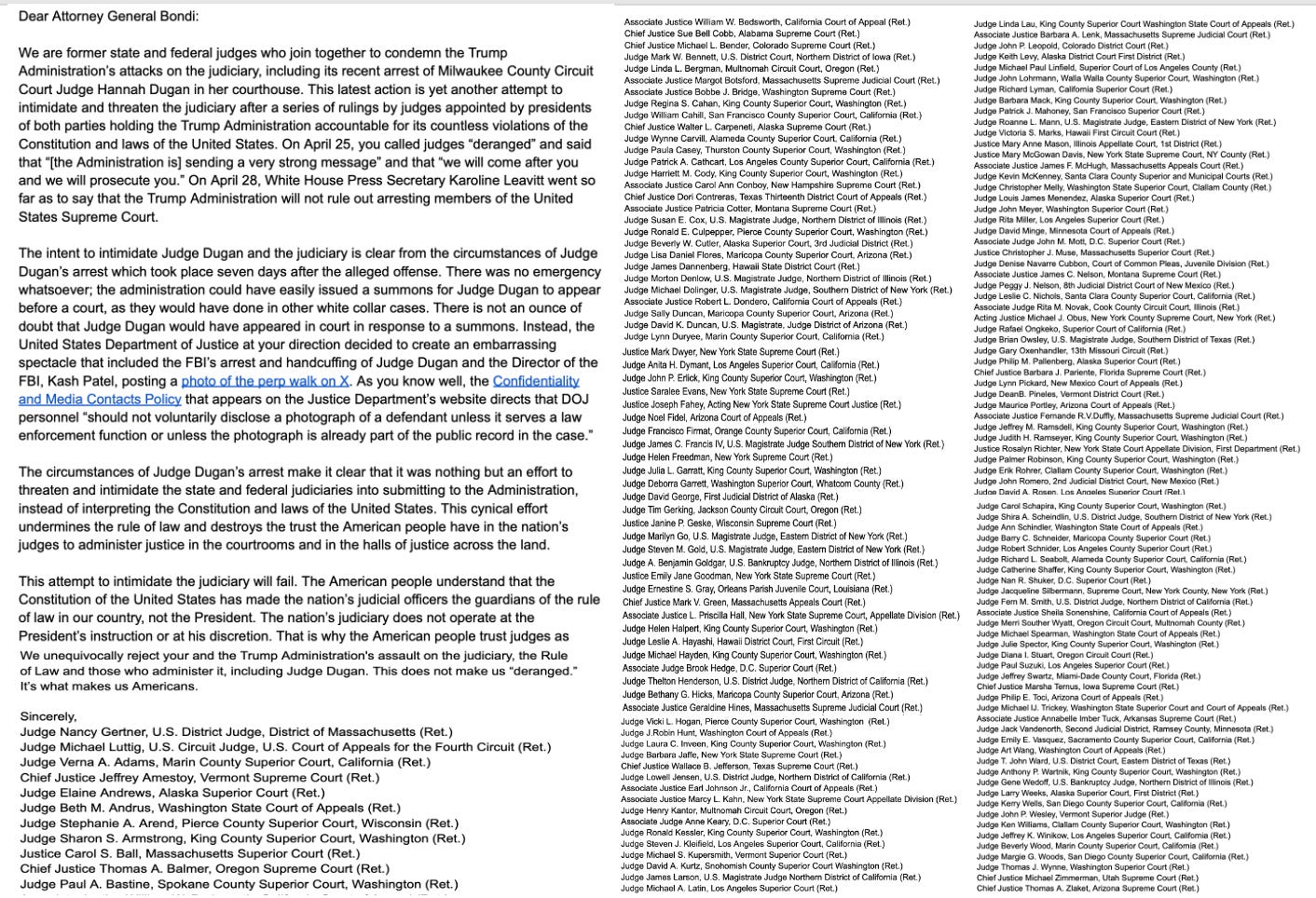
#2 “Kirkland And Other Law Firms Explain Deals With Trump.” From Law360: “The most recent law firms to cut deals with the Trump administration told law makers, in letters obtained by Law360, that the deals affirmed their commitment to merit-based hiring and to pro bono work as they continue to choose their own clients.” Read more here.
#3 “After AI bar exam fiasco, State Bar of California faces deeper financial crisis.”From the Los Angeles Times: “The State Bar of California’s botched rollout of a new exam — a move that the cash-strapped agency made in the hopes of saving money — could ultimately end up costing it an additional $5.6 million. Leah T. Wilson, executive director of the State Bar, told state lawmakers at a Senate Judiciary hearing Tuesday that the agency expects to pay around $3 million to offer free exams to test takers, an additional $2 million to book in-person testing sites in July, and $620,000 to return the test to its traditional system of multiple-choice questions in July. … Test taker Andrea Lynch told lawmakers she faced constant disruptions during the exam from proctors, technical glitches and computer crashes. Near the end, as she prepared to begin a final section of the exam, a message popped up telling her her exam had been submitted before she’d even seen the questions. ‘This was just not a technical failure,’ Lynch told lawmakers. ‘It was a systemic failure, a breakdown in the integrity, accessibility and fairness of one of the most important professional milestones in the legal profession. I urge this committee to consider what it means when a test intended to uphold justice fails to deliver it to its own applicants.’” Read more here.
#4 Justices Speak Out on Ethics and the Rule of Law. Two headlines for #4. First, from The Guardian: “Justice Sonia Sotomayorurges lawyers to stand up for embattled legal system. Supreme court justice does not mention Trump by name but called threats and harassment ‘an attack on democracy’.” Read more here. Second, from CNN: “Chief Justice John Roberts stresses judicial independence amid tensions with Trump.” Read more here.
#5 “Trump Allies Sue John Roberts To Give White House Control Of Court System.”From Talking Points Memo: “Close allies of President Trump are asking a judge to give the White House control over much of the federal court system. In a little-noticed lawsuitfiled last week, the America First Legal Foundation sued Chief Justice John Robertsand the head of the Administrative Office of U.S. Courts. The case ostensibly proceeds as a FOIA lawsuit, with the Trump-aligned group seeking access to judiciary records. But, in doing so, it asks the courts to cede massive power to the White House: the bodies that make court policy and manage the judiciary’s day-to-day operations should be considered independent agencies of the executive branch, the suit argues, giving the President, under the conservative legal movement’s theories, the power to appoint and dismiss people in key roles. Multiple legal scholars and attorneys TPM spoke with reacted to the suit with a mixture of dismay, disdain and laughter. Though the core legal claim is invalid, they said, the suit seems to be a part of the fight that the administration launched and has continued to escalate against the courts over the past several months: ignoring a Supreme Court order to facilitate the return of a wrongly removed Salvadoran man, providing minimal notice to people subject to the Alien Enemies Act, flaunting an aggressive criminal case against a state court judge. … Melissa Murray, a professor at NYU Law, pointed out that the suit raises a number of bizarre scenarios. If it makes it to the Supreme Court, ‘does the Chief Justice have to recuse himself?’ she asked.” Read more here.
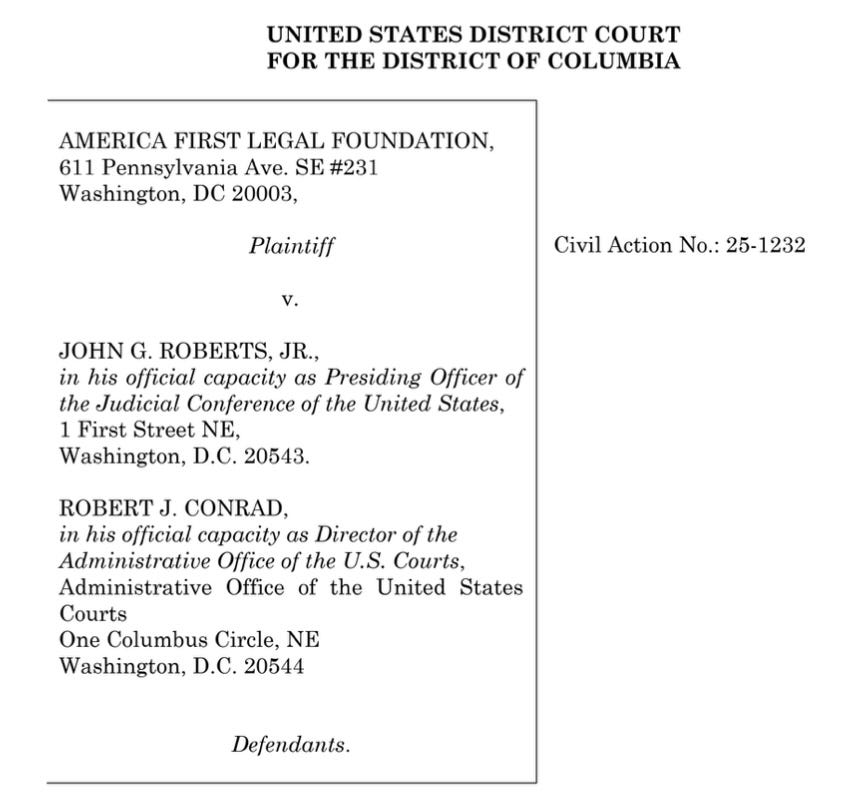
#6 “Trump’s Crackdown on Law Firms is Chilling the Future of Pro Bono Legal Work.”From CNN: “When 85,000 people fled Afghanistan in 2021, lawyers from major law firms stepped up to file their political asylum petitions. When the names of more than 700 detainees at Guantanamo Bay were released in 2004, lawyers from large law firms became counsel for many of the men. And when transgender people across the US need help with changing their names, lawyers from large law firms are often the ones helping them to file the paperwork. Yet now, amid an aggressive crackdown by the Trump administration against large law firms aligned against him, a worry has set in that types of pro bono legal work, where hundreds of lawyers from large firms mobilize in humanitarian crises, may no longer be politically viable.” Read more here.
#7 “Venerable New York Firm That Struck a Deal With Trump Is Losing Lawyers.” From the Wall Street Journal: “Cadwalader, Wickersham & Taft struck a deal with President Trump last month intended to secure the future of New York’s oldest law firm. Instead the pact is backfiring, adding to an exodus of lawyers that has placed the firm on uncertain footing. Cadwalader already was facing troubles, including imminent attorney departures, before its April 11 deal with the White House in which it avoided a punitive executive order by pledging at least $100 million of pro bono work to support the president’s priorities. The agreement now is pushing more lawyers to leave, people familiar with the matter said, spurred by anger that the firm capitulated to Trump instead of fighting back against an administration campaign that many in the industry believe to be unconstitutional.” Read more here (gift link).
#8 “Judges Say Unsolicited Pizza Deliveries are Meant to Intimidate Them.” From the Washington Post: “Federal judges say unsolicited pizza deliveries to jurists’ homes that began in February may number in the hundreds across at least seven states, prompting increased security concerns and a demand from a Senate leader for a Justice Department investigation. Many of the deliveries have gone to judges presiding over lawsuits challenging the Trump administration’s policies. The U.S. Marshals Service has been tracking the deliveries, and judges have been sharing details about their experiences in hopes of finding out more about what they call an ongoing attempt at intimidating the judiciary. Some of the pizza deliveries have gone to judges’ relatives. In recent weeks, orders have been placed in the name of U.S. District Judge Esther Salas’sson, Daniel Anderl, who was fatally shot at the family home in New Jersey in 2020 by an attorney who posed as a delivery person.” Read more here (gift link).
#9 “Southwest Lawyer Training Nixed, Religious Bias Loss Upheld.” From Bloomberg Law: “Southwest Airlines Co.won reversal of some, but not all, of a Texas federal court jury’s verdict that the airline engaged in religious discrimination when it fired a Christian flight attendant after she sent graphic anti-abortion messages to her union president. The US Court of Appeals for the Fifth Circuit also reversed the trial judge’s order directing a trio of airline lawyers to attend religious-liberty training before the Christian legal organization Alliance Defending Freedom, saying the sanction wasn’t geared toward promoting court order compliance.” Read more here.
#10 “Ed Martin’s Conduct in Office Raises Serious Questions About His Ethics.” An op-ed from Ben Edwards (UNLV) and Nancy Rapoport (UNLV) in The Hill: “Some think Merrick Garland should have moved faster to prosecute everyone involved with the Capitol riot of Jan. 6, 2021. Others think the Biden Justice Department went too far. Opinions vary on prosecutorial judgment calls. Still, there are guardrails that government lawyers should never cross — even on a president’s instruction. Recent actions from Edward R. Martin, Jr., the current interim U.S. Attorney for the District of Columbia, raise questions about when a federal prosecutor goes too far. … To be sure, it might seem easy for two tenured professors to say, ‘stand up to your boss,’ because we enjoy incredible job security. We get that. But law is both a profession and a business. Lawyers must always remember one critical ethics rule: lawyers bear ethical responsibility for their choices.” Read more here. (Side note: After this op-ed was published earlier last week, Martin was replaced by Judge Jeanine Pirroas the interim U.S. Attorney for D. C. For more on that, see this coverage from ABC News.)
#11 “DOJ Lawyers Aren’t the President’s—No Matter What a Memo Says.” An op-ed from Albert Feuer and James Kobak (both of the New York County Lawyers Association) in Bloomberg Law: “Attorney General Pam Bondi has issued a directive that seriously undermines the US Department of Justice’s mission to ‘uphold the rule of law, to keep our country safe, and to protect civil rights.’ In a Feb. 5 memo describing the DOJ’s ‘general policy regarding zealous advocacy on behalf of the United States,’ Bondi set forth a key contradiction. While DOJ attorneys must ‘zealously defend the interests’ of the US, she notes that those ‘interests, and the overall policy of the United States, are set by the Nation’s Chief Executive.’ … But DOJ lawyers aren’t the president’s lawyers. They are our country’s lawyers. They must always act on behalf of our country, not the president.” Read more here.
#12 “The Judiciary Should Be Independent From Political Pressure, Not From The Law.”An op-ed from Aliza Shatzman (Legal Accountability Project) in Above the Law: “At a time when the rule of law is under attack, the courts are lauded as a bulwark against autocracy and painted by some as our best hope to protect against administration overreach and the dismantling of civil society. The courts are rightly the first line of defense against executive branch lawlessness. But holding judges up as great defenders of democracy and the rule of law strikes me as tone deaf and ironic, considering judges are not subject to federal anti-discrimination laws. While the judiciary serves as a check on the other branches of government, hypocritically, it vociferously opposes any checks or balances on judicial abuses of power.” Read more here.
#13 “AI Deepfake Phone Call Earns Florida Judge an Ethics Probe.” From the Bloomberg Law: “A fabricated phone call denigrating a judge using AI-generated voices is at the center of an ethics complaint against a Broward County, Fla. jurist.The Florida Judicial Qualifications Commission filed a complaint Friday seeking sanctions against County Judge Lauren N. Peffer for attempting to leverage a phony tell-all book and investigation from a disgruntled former court staffer in her 2024 campaign for the bench.” Read more here.
#14 “ABA Keeps Law School Diversity Rule on Hold Into 2026 Amid Trump Crackdown.”From Reuters: “The American Bar Association on Friday extended the suspension of its law school diversity and inclusion requirement amid increasing pressure from the Trump administration to cancel the rule. The ABA’s Council of the Section of Legal Education and Admissions to the Bar unanimously voted to extend the suspension of the rule — which requires law schools to demonstrate their commitment to diversity in recruitment, admissions and programming — through August 31, 2026.” Read more here.
#15 International Perspective — “Judge Condemns Lawyers Who Produced Fake Citations to Court.” From Legal Futures (UK): “The High Court has ordered that a barrister and the solicitors who instructed her be referred to their regulators after providing five fake case citations in their pleadings. Mr Justice Ritchie said the behaviour of Sarah Forey of 3 Bolt Court and the lawyers at Haringey Law Centre in London had been improper, unreasonable and negligent, and he also ordered them to pay wasted costs.” Read more here.
Where’s the Rest of the Roundup?
Revisit the “Welcome Back Edition” for an explanation of the new format. And keep an eye out for next month’s “First Monday Edition” with reading recommendations, analysis, reforms watch, jobs, events, and much more.
Get Hired
Did you miss the 100+ job postings from previous weeks? Find them all here.
Upcoming Ethics Events & Other Announcements
Did you miss an announcement from previous weeks? Find them all here.
Keep in Touch
- News tips? Announcements? Events? A job to post? Reading recommendations? Email legalethics@substack.com – but be sure to subscribe first, otherwise the email won’t be delivered.
- Teaching Professional Responsibility or Legal Ethics? Check out the companion page for my casebook Professional Responsibility: A Contemporary Approach for teaching resources.
Renee Knake Jefferson holds the endowed Doherty Chair in Legal Ethics and is a Professor of Law at the University of Houston. Check out more of her writing at the Legal Ethics Roundup. Find her on X (formerly Twitter) at @reneeknake or Bluesky at legalethics.bsky.social.
The post Legal Ethics Roundup: Join Me Live Today, 150+ Judges Pen AG Letter, RIP Souter, Roberts/Sotomayor Speak Up, Firms Justify EO Acts While Lawyers Flee & More appeared first on Above the Law.


